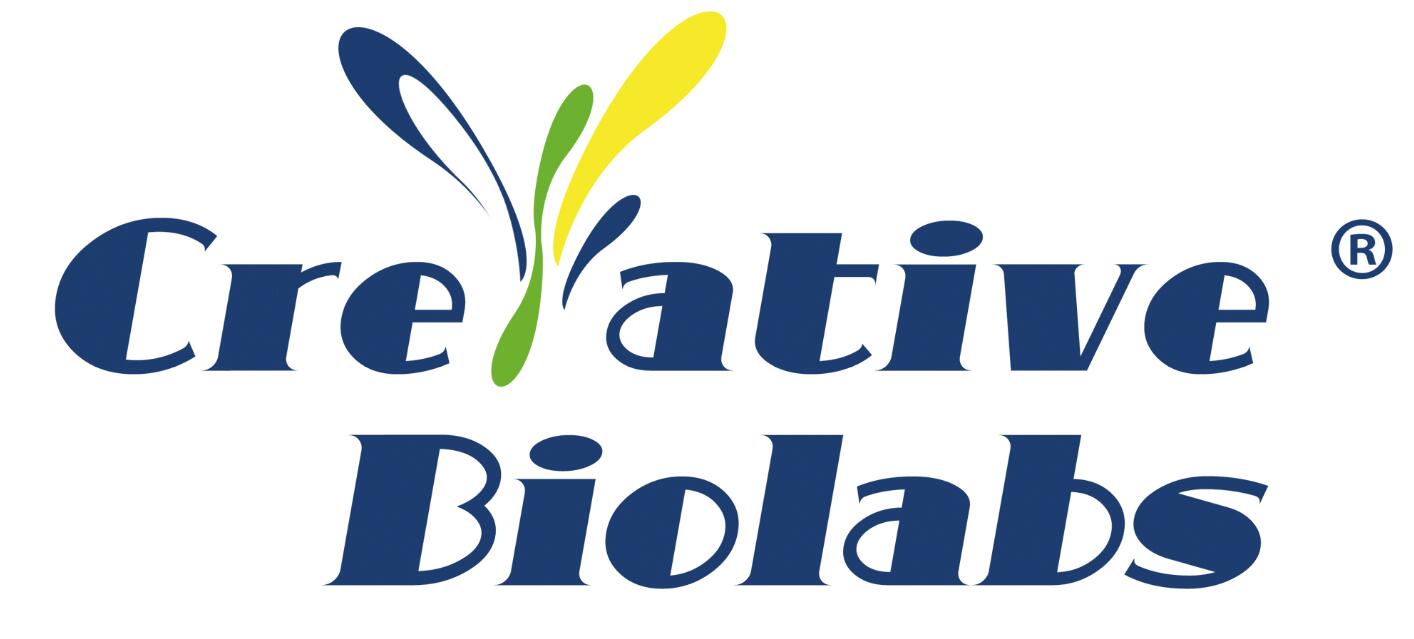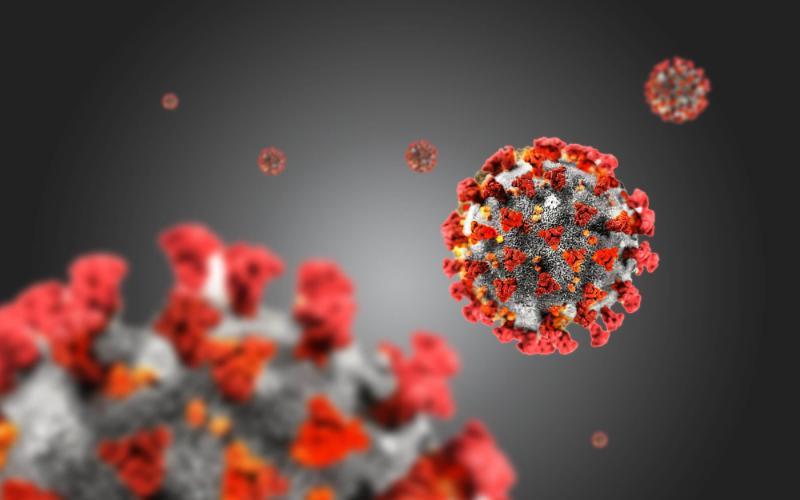An important line of defense against novel coronavirus SARS-CoV-2 is the formation of neutralizing antibodies. These antibodies can eliminate invaders and have great potential in the prevention and treatment of SARS-CoV-2 infection. Now, in a new study, researchers from a number of institutes have further clarified how these antibodies are formed and isolated powerful SARS-CoV-2 neutralizing antibodies. They are currently working with Boehringer Ingelheim to further identify and develop these antibodies. They are expected to enter clinical development later this year.
Professor Florian Klein, the paper’s corresponding author, explained, “our goal is to better understand the immune response to SARS-CoV-2 and to identify highly potent antibodies that can be used to prevent and treat COVID-19.” Dr Christoph Kreer, co- author of the paper, added, “We believe that these antibodies are effective within a few weeks and may prevent COVID-19 during that time.”
The researchers studied the SARS-CoV-2 antibody response of 12 people who recovered from COVID-19. They detected more than 4000 SARS-CoV-2-specific B cells at the single-cell level and were able to partially decode the humoral immune response to SARS-CoV-2. They reconstructed 255 antibodies in the laboratory and tested their ability to neutralize novel coronavirus SARS-CoV-2 by the Stephan Becker laboratory at University of Marburg. They found a total of 28 neutralizing antibodies.
Dr Zehner, another co-author of the paper, said: “interestingly, many antibodies have only a small number of mutations. This means that only minor changes are needed to effectively identify and neutralize the virus. ” In fact, in blood samples collected before the COVID-19 pandemic, the researchers found that B cells carried antibody characteristics similar to SARS-CoV-2 neutralizing antibodies. This may indicate that SARS-CoV-2 antibodies are easily formed and that live vaccines may provide rapid protection.
These neutralizing antibodies have been developed for the prevention and treatment of COVID-19. In addition, these antibodies can also be used for post-exposure prophylaxis. For now, these antibodies will be used after contact with infected people. Professor Klein said, “this form of intervention may be particularly meaningful in preventing local outbreaks and preventing disease progression in high-risk groups.” The researchers expect the first clinical trials to take place by the end of 2020.

